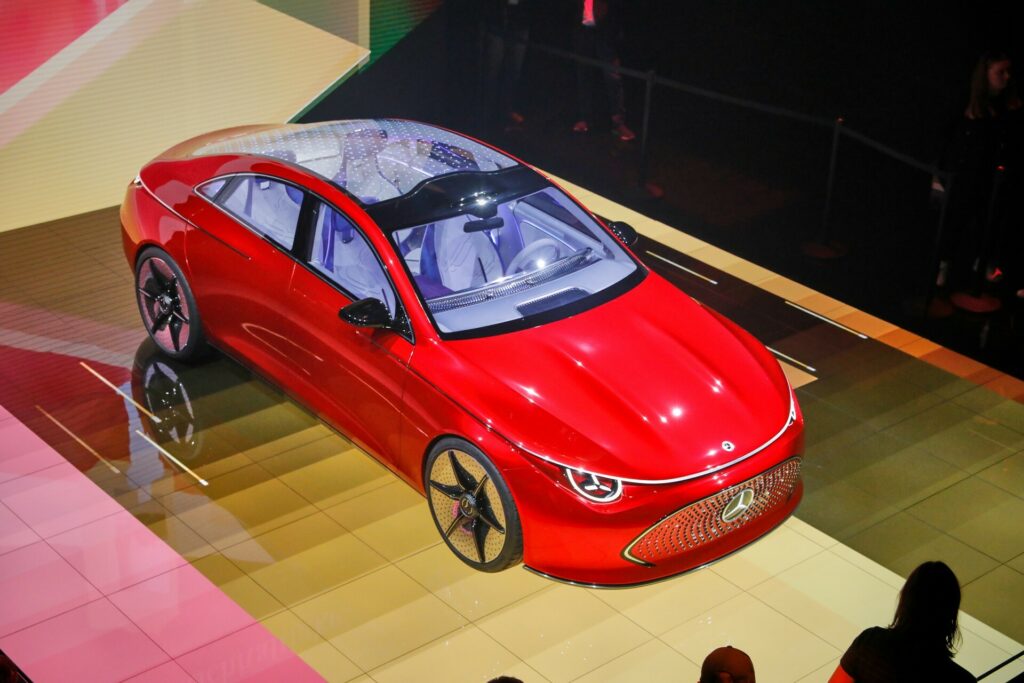More than 15 years ago I sat across the dinner table from a senior Mercedes executive who, presumably fuelled by a drop of red, veered away from the party line as he’d just suffered a blowout to tell me that hybrids were a waste of time. Benz, the rogue suit said, should be channeling its energies into pure electric cars and fuel cell vehicles, not expending money and energy on these inefficient, interim neither-nothing-nor-something machines.
And it did eventually go on to develop EVs. We’ve now got a full suite of EQ models, with more battery-powered cars on the way, including the production version of the 2023 CLA concept, an electric sedan that promised a 466-mile (750 km) driving range. But those ‘waste of time’ hybrid powertrains aren’t going anywhere. In response to softening demand for EVs, Mercedes has just announced that it’ll be updating its combustion engines, including hybrid variants, to take the brand into the next decade.
The German luxury firm had at one stage been planning for a fully electric lineup in Europe in 2030 but is now considering a very different landscape. The firm’s latest predictions suggest sales of electrified vehicles – BEVs and hybrids – will only account for half of total output six years from now.
Related: Mercedes Unveils Ultra-Portable ‘Wallbox’ for Roaming EVs

Kaellenius said Mercedes-Benz wanted customers and investors to know it was ready to carry on producing combustion engine cars and to update ICE technology long after the sun had set on the 2020s, Reuters reports.
“It is almost like we will have a new lineup in 2027 that will take us into the 2030s,” CEO Ola Kallenius told reporters, insisting that PHEVs would “stay relevant” for several years to come.
While Mercedes, like most other automakers, has invested heavily in electrification, consumer demand has proved weaker than anticipated. When polled, drivers have given worries over a lack of charging infrastructure as one reason for their reluctance to embrace EVs, while some are also concerned about the terrible depreciation suffered by certain electric cars.




